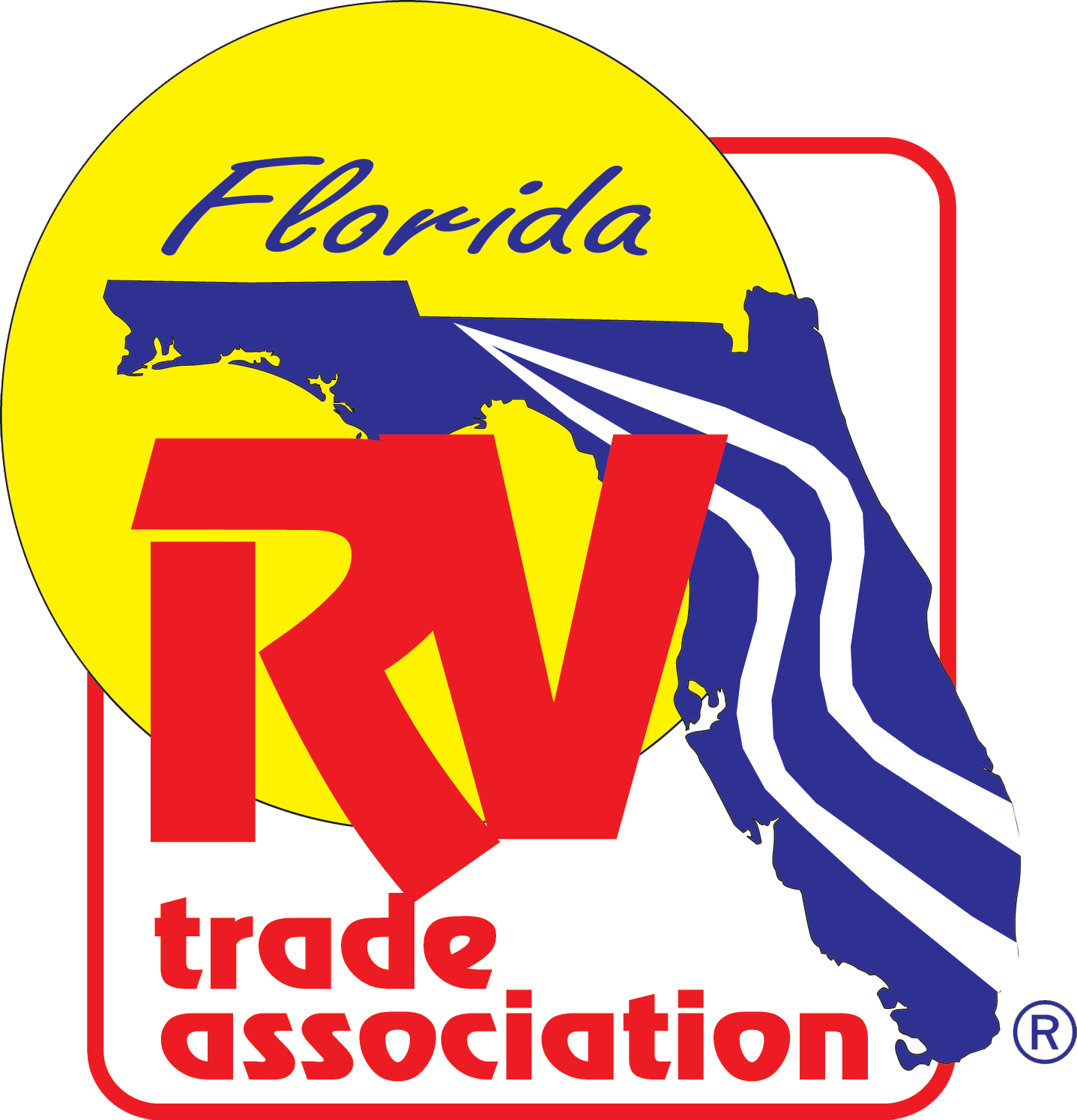Florida’s RV industry has long been a cornerstone of the state’s travel and tourism sector, offering visitors an unparalleled way to experience the Sunshine State’s beaches, parks, and attractions. However, with an increasingly diverse array of travel options available, the industry faces a critical challenge: how to remain competitive by appealing to younger travelers and Snowbirds or out-of-state tourists. By embracing innovation in marketing strategies and leveraging new technologies, Florida’s RV industry can ensure its continued relevance and growth.
Understanding the Audience
To effectively attract younger travelers and Snowbirds, the RV industry must first understand their unique preferences and needs. Younger travelers, particularly Millennials and Gen Z, are drawn to experiences that emphasize adventure, sustainability, and convenience. They value authentic and shareable moments, often seeking travel options that align with eco-conscious values and tech-forward solutions.
Out-of-State tourists, on the other hand, may require additional support navigating the complexities of RV travel in an unfamiliar location. Their travel decisions are often influenced by comprehensive guides, clear communication, and accessibility to amenities that cater to diverse cultural expectations.
Strategies to Attract Younger Travelers
- Eco-Friendly Upgrades Sustainability is a top priority for younger generations. RV rental companies and dealerships can appeal to these travelers by promoting eco-friendly upgrades, such as solar panels, composting toilets, and energy-efficient appliances. Highlighting these features in marketing materials will showcase the industry’s commitment to sustainability.
- Digital-First Marketing A strong online presence is essential to reaching younger audiences. Social media platforms like Instagram, TikTok, and YouTube are ideal for showcasing the RV lifestyle through engaging content. Influencer partnerships and user-generated content can amplify the message, demonstrating how RV travel offers unique and exciting adventures.
- Flexible Booking Options Younger travelers often prefer flexibility in their plans. Offering short-term rentals, one-way trips, and customizable packages can make RV travel more appealing. Transparent pricing and easy online booking systems will further enhance the customer experience.
- Immersive Experiences Millennials and Gen Z crave experiences that feel personalized and unique. Collaborations with local businesses to create themed RV trips—such as brewery tours, music festival circuits, or eco-adventures—can provide added value and appeal to these demographics.
Strategies to Attract Out-of-State Tourists
- Simplified Processes Navigating RV travel as an out-of-state tourist can be daunting. Simplifying processes, such as offering multilingual support, clear instructions for driving and operating RVs, and detailed travel guides, can make the experience more accessible.
- Partnerships with Travel Agencies Partnering with international travel agencies and tour operators can help position RV travel as a viable option for tourists planning trips to Florida. Packaging RV rentals with flights, accommodations, and attractions will create a seamless experience for overseas visitors.
- Marketing Florida’s Unique Attractions to Snowbirds or Out-of-State tourists are often drawn to Florida’s world-renowned destinations, such as Orlando’s theme parks, the Florida Keys, and the Everglades. Marketing RV travel as the best way to explore these iconic locations, while emphasizing the flexibility and freedom it offers, will resonate with these audiences.
- Highlighting Connectivity Many travelers are concerned about staying connected while on the road. Promoting RVs equipped with Wi-Fi hotspots, GPS navigation, and charging stations can alleviate these concerns and make RV travel more appealing.
Leveraging Technology
Technology plays a critical role in appealing to both demographics. Mobile apps can enhance the RV travel experience by providing trip planning tools, route suggestions, and real-time updates on road conditions and campground availability. Virtual reality (VR) tours of RV interiors and potential travel routes can give prospective customers a taste of the experience before committing.
Chatbots and customer support systems can assist travelers, streamlining the booking process and answering frequently asked questions. Additionally, integrating digital payment options, including popular international methods like Alipay or PayPal, can further simplify transactions for overseas customers.
Promoting Inclusivity and Accessibility
Younger and international travelers often seek inclusive and accessible travel options. Ensuring that RV parks and campgrounds cater to diverse needs—such as pet-friendly policies, accommodations for disabilities, and family-friendly amenities—will broaden the appeal of RV travel.
Building Community
Younger travelers and Snowbirds value community and connection. Hosting events such as RV meetups, social media contests, and themed caravans can foster a sense of belonging and excitement around RV travel. Encouraging online reviews and testimonials will also build trust and inspire new customers to explore the RV lifestyle.
Measuring Success
Innovation efforts must be coupled with robust metrics to measure their effectiveness. Tracking website traffic, social media engagement, customer feedback, and booking trends will provide valuable insights into what strategies are working and where adjustments are needed.
Conclusion
The future of Florida’s RV industry lies in its ability to adapt to the evolving preferences of younger travelers and out-of-state tourists. By embracing sustainable practices, leveraging digital marketing, simplifying processes, and building community, the industry can ensure its appeal to new demographics. These innovations will not only address current challenges but also position Florida’s RV industry for long-term success in a competitive travel landscape.
